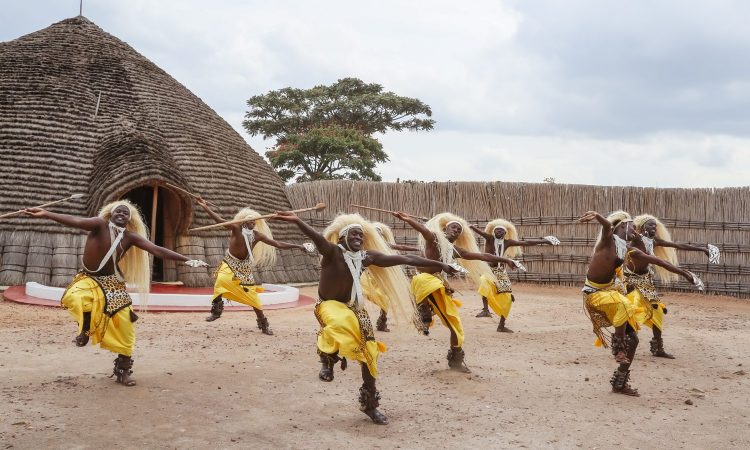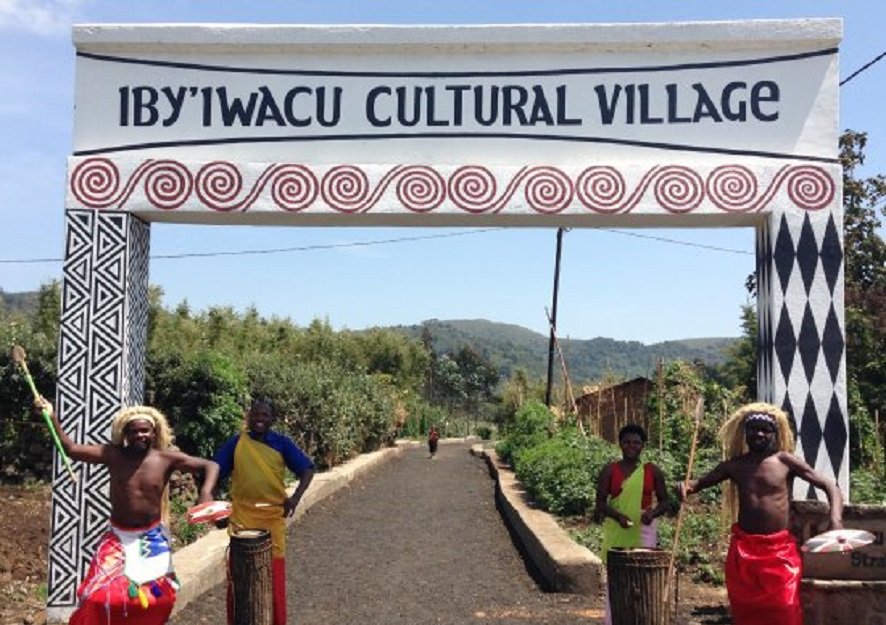Culture and Heritage in Rwanda
Culture and Heritage in Rwanda: Rwanda is one of the tour destinations that have a rich culture to sell. The cultural tourism in Rwanda is a strong one and has been fully facilitated by the local people of Rwanda offering the experience. Rwanda’s cultural and heritage sector is majorly divided into 3 categories that are the fashion and style category, the Museums and the Art Galleries category and the festivals and events category.

All these categories have a great element of Rwanda’s culture and heritage in a sense of what they offer the visitors interested in this. Rwandans over the years have adapted with the western culture and amalgamated their sense of fashion and style. Designers from Rwanda have gotten accustomed to making clothes that are fused with both the western and Rwandan style. This has been well executed by the fashion designers of Rwanda who keep busy with the trends on a daily basis. Their designs have been known to clearly depict the rich sense of style with beadwork and patterns of the Rwandan heritage. Rwanda shares these designs and styles with the world on fashion shows of the Kigali Fashion week and the Rwanda Cultural Fashion week held annually for a whole week showcasing different Rwandan designers on many international platforms.
Rwanda also teamed up with Arsenal a renowned football team with a slogan of “Visit Rwanda” printed on their shirts and had a few of the team players to create a few designs using the accessories from leading fashion designers of Rwanda. When on your Rwanda safari, you can also make your own customized outfit at any of the designers’ showrooms. A few of the names in the fashion industry you can look out for are Haute Baso, Rwanda clothing, Moshions, Inzuki designs, House of Tayo, K’tsobe, Uzi collections to mention but a few.
A number of Festivals and events have been held to promote the culture of Rwanda like the famous Kwita Izina baby gorilla naming ceremony held in Volcanoes national park with an aim of promoting conservation in the region. Attenders of this function engage in a weeklong series of activities in line with the mountain gorillas, meeting the rangers and a number of stakeholders of the tourism in the region.

There is also the Kigali Up festival where music from all over the world is brought to the Kigali stage since it first started in 2011 and has so far become the biggest music festival in the country and the Rwanda Film festival where the movies from all over the world with Africa inclusive are showcased every July annually for 10 years now. This festival is held in Kigali but a mobile cinema to move to other towns and villages is set up.
Rwanda’s culture and heritage is also dominated by the cultural villages in different spots of the country for example the Kigali Cultural village that is a set up space to show the local producers’ products both artifacts and food stuffs and also trade them to people visiting the cultural village. This Rwanda Cultural village also holds a number of workshops, events and festivals besides the daily showcase thus Culture and Heritage in Rwanda.
The museums and the Art galleries are part of the cultural and heritage establishments of Rwanda and this small country has a big number of these. Rwanda has 6 museums that make up the Institute of National Museums of Rwanda. These museums all have different history lines to share. These museums of Rwanda are home to some of the oldest and most treasured artifacts from the years earlier.
The most visited museums are the Kigali Genocide memorial where 250,000 victims of the 1994 Rwanda Genocide are buried and the Butare museum that is found in Butare town enroute from Kigali and Nyungwe forest national. The other museums are Ethnographic museum which was previously known as the National museum, the King’s Palace that can be visited enroute between Kigali and Nyungwe forest national park, the Rwanda Art Museum that has a show case of both Rwandan and modern art pieces, the Kand’t House Museum which focuses on showing the old Rwanda under colonial rule and the new Rwanda and finally the Museum of the Environment that is based near the lake Kivu and the major focus is on conservation and protection of the environment and its natural resources.
While on your Rwanda safari, be sure to integrate some Rwanda cultural center visits for a greater insight in the way of the native Rwandans, their beliefs and norms. Visit the Iby’iwachu cultural center while in Volcanoes national park Rwanda and join the dancers on the Intore dance, the traditional dance of the Rwandan people, dress up in Omushanana which is the cultural wear for Rwandans. You will also see a number of photos of the ancient Rwandan people with their cultural hair style known as the Amasunzu that was worn by both the men and women. Notice the artisanal crafts all over the place that you can purchase from the Kimironko market as a souvenoir.
Rwandan people every last Saturday of the month hold a function all over the country called the Umuganda where all Rwandans come together and work towards bettering their country, sweep the streets, clean up as one on charity basis. All shops are closed, public transport is halted, personal errands are put on hold for this ceremony and this has proved to be a good idea after Rwanda has been recognized as the cleanest country in Africa.
Book your tour with us and let us integrate the cultural and heritage aspect in your trip.


